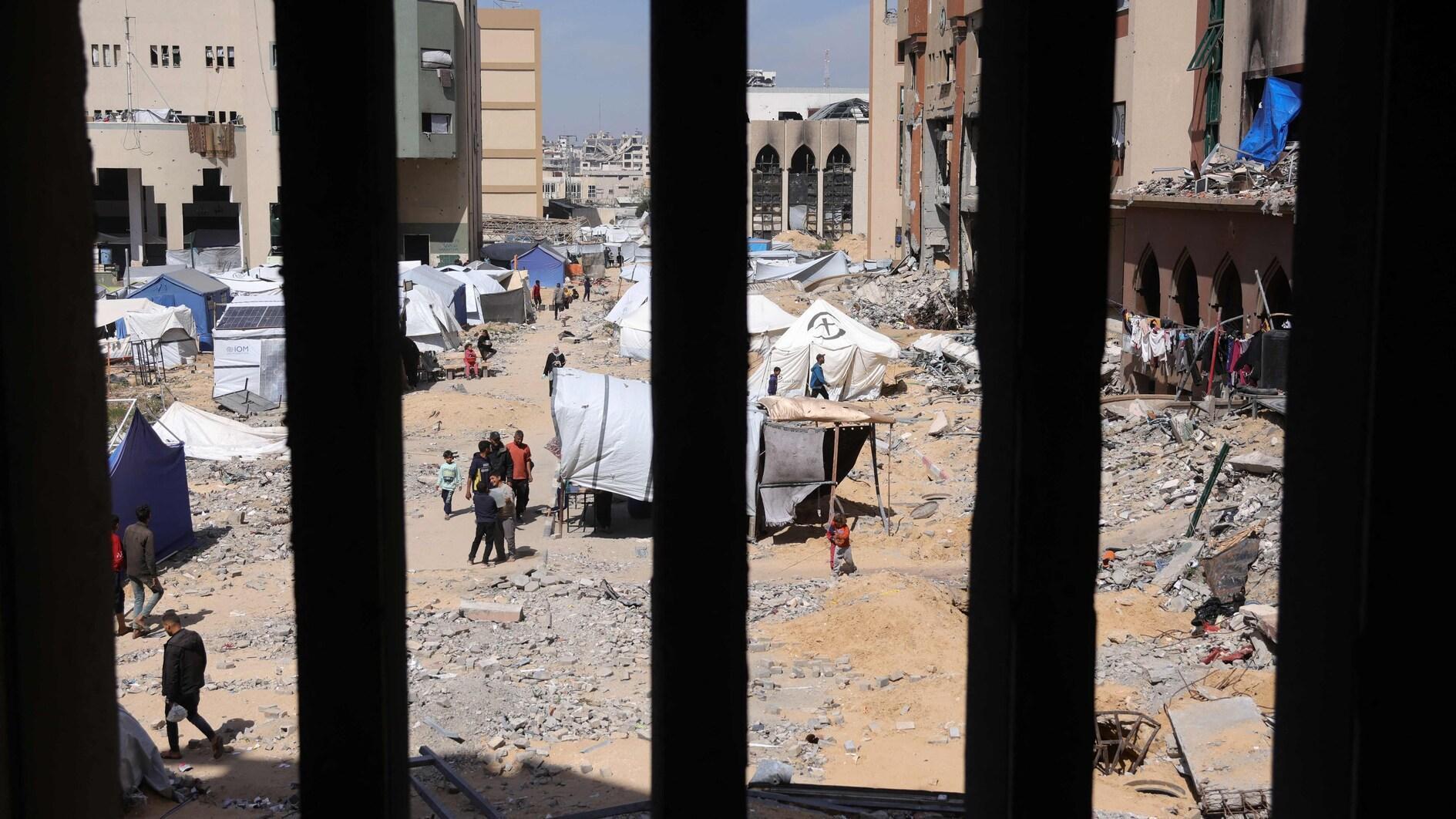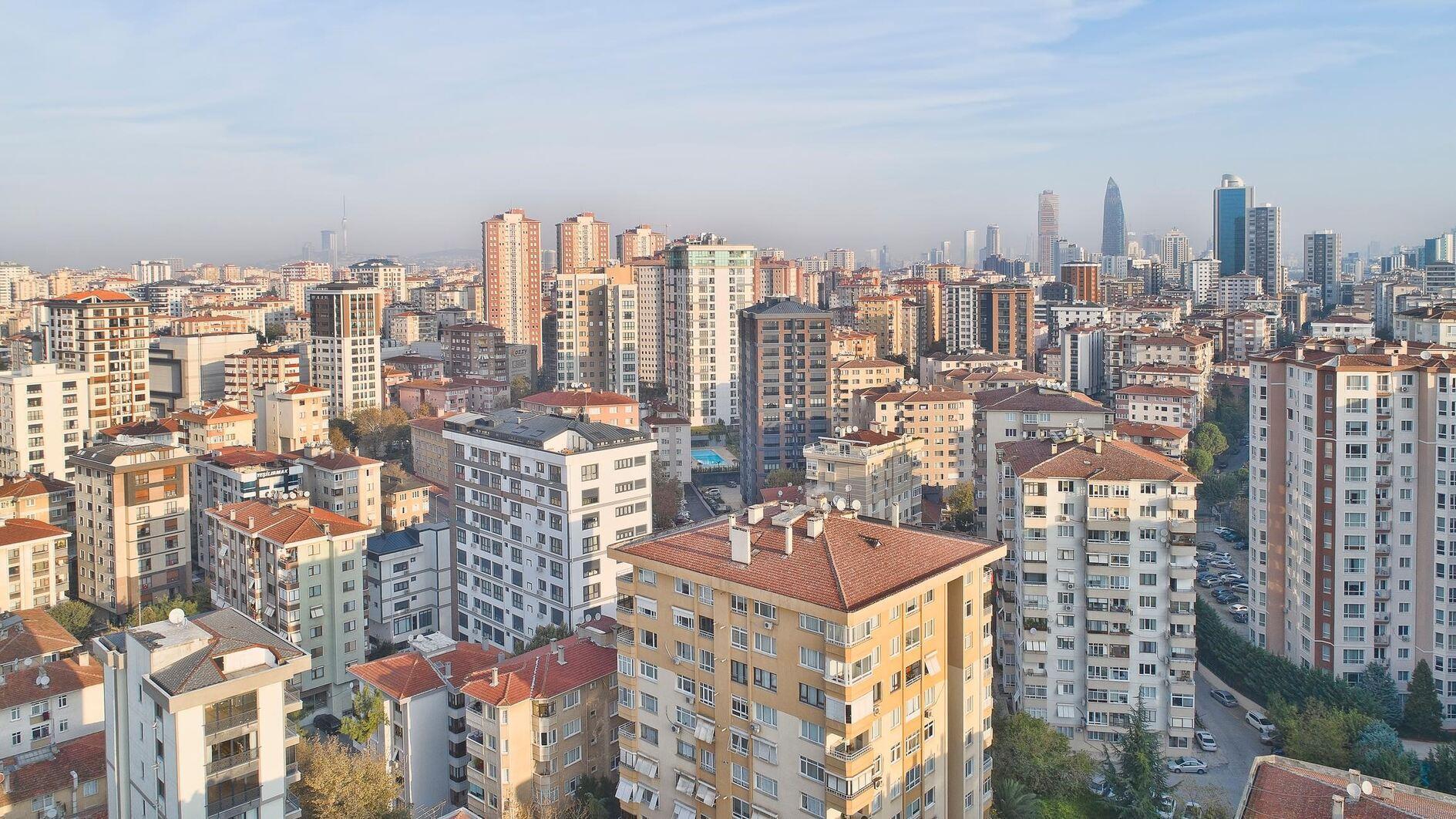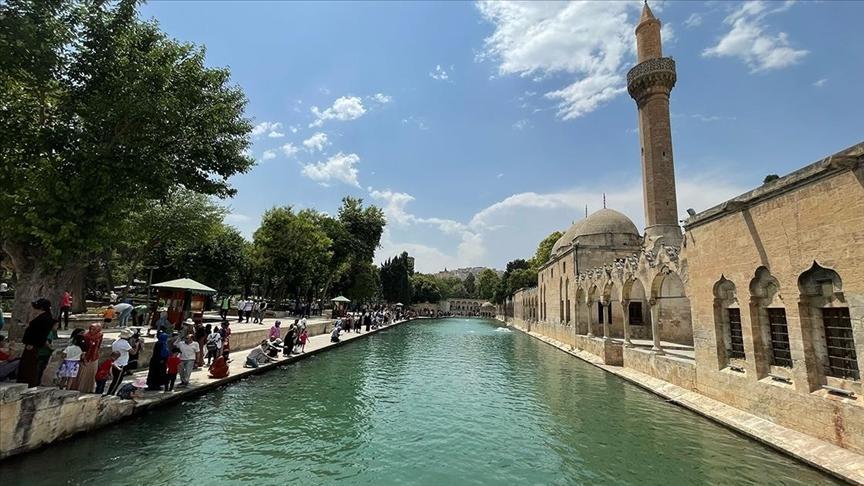UN humanitarian chief says Yemen on verge of collapse
UNITED NATIONS
 The United Nations’ humanitarian chief says that if the warring parties in Yemen do not reach a peace agreement soon, the country could collapse with menacing consequences for the entire region, while the U.N. envoy for Yemen said both parties in the conflict had rejected his peace plan but he would return back to try to clinch a peace deal in the coming weeks.
The United Nations’ humanitarian chief says that if the warring parties in Yemen do not reach a peace agreement soon, the country could collapse with menacing consequences for the entire region, while the U.N. envoy for Yemen said both parties in the conflict had rejected his peace plan but he would return back to try to clinch a peace deal in the coming weeks.Stephen O’Brien told the Security Council on Oct. 31 that 80 percent of Yemenis, some 21.2 million people, need some form of humanitarian assistance and over 2 million people, including 370,000 children, are suffering from malnutrition, The Associated Press reported.
Complicating matters, the country now has 61 confirmed cases of cholera and 1,700 more suspected cases, O’Brien said.
O’Brien addressed the council by telephone from Bahrain to report on the dire situation in Yemen which has been in the midst of a civil war since September 2014 when Shiite Houthis rebels swept into the capital of Sanaa and overthrew the country’s internationally recognized government.
Peace efforts to resolve the ongoing war in the country has been continuing but the situation does not seem very promising.
Ismail Ould Cheikh Ahmed, the U.N. envoy for Yemen, said Oct. 31 he will immediately return to the region to try to clinch a peace deal in the coming weeks, even though both sides have rejected his proposals.
“The ball is in the court of the Yemeni parties,” AFP quoted Ould Cheikh Ahmed as telling the Security Council which met to discuss the 19-month war in Yemen.
The council is seeking to turn up the pressure on both the Iran-backed Houthi rebels and the Saudi-backed government to end the war that has killed thousands and brought the country to its knees.
“What are the parties waiting for to sign a political agreement? Have they not understood that there are no winners in wars?” asked the envoy.
Ould Cheikh Ahmed has presented a roadmap to the Houthi rebels and their allies and the Yemeni government to revive political talks, but he acknowledged to the council that his proposals had been rejected.
The plan calls for the appointment of a new vice president and the formation of a national unity government that will oversee a transition leading to elections.
Under the roadmap, the Houthis would withdraw from Sanaa, Hodeidah and Taez and hand over their weapons in a process carried out in parallel with the new political arrangements.
Yemeni President Abedrabbo Mansour Hadi has rejected the U.N. peace proposal, saying it “rewards the putschists,” who seized power in Sanaa, while the rebels said the roadmap had “fundamental flaws.”
One of the poorest countries in the Arab world, Yemen slid deeper into chaos when the Saudi-led coalition launched military operations in March 2015 in support of Hadi and to push back the Houthi rebels.
Ould Cheikh Ahmed said he would return to the region immediately after his report to the council and that his roadmap “should allow a comprehensive settlement in the coming weeks if the parties engage in good faith.”
















